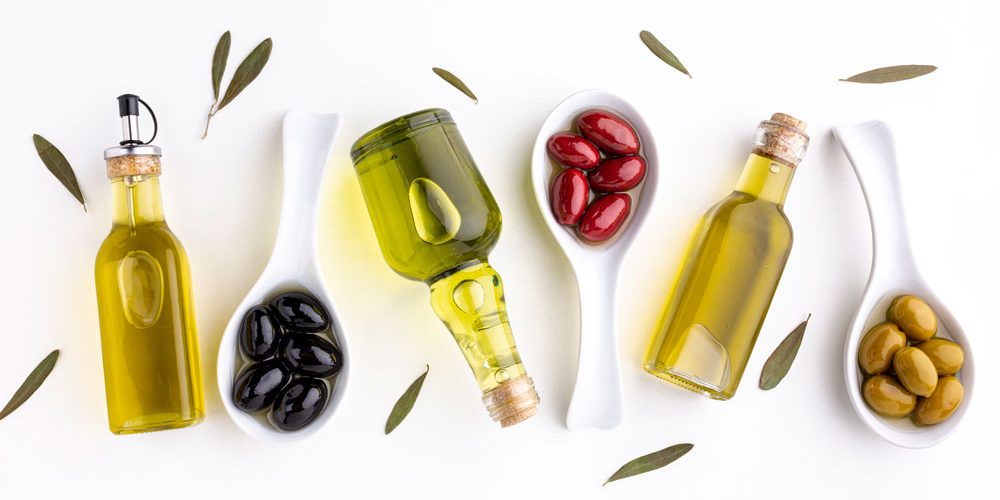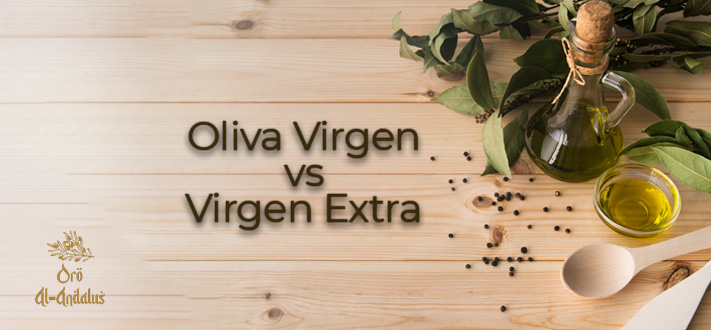It is quite common to feel confused when you go to the supermarket and find so many different types of oil, but what is the difference between Virgin Olive Oil and Extra Virgin Olive Oil?
If you had to choose between Virgin and Extra Virgin olive oil, you would probably take the latter, and you would be correct. Today we want to clarify to you the difference between both, so you can understand why Extra Virgin oil tastes much better.
Difference between VOO and EVOO
As you may know, oil is basically the juice of olives which has been extracted from the fruit by mechanical procedures of centrifugation being the most used.
In this way, when the oil is made, it is transported to a laboratory to perform a physical-chemical analysis and to be tasted to be qualified and classified as a Virgin or Extra Virgin. The most significant variables of the analysis are acidity, peroxide value, waxes, Delta K and ethyl esters which determine its quality.
The chemical acidity level of EVOO never exceeds 0.8º and being tasted it has no defects on the palate.
On the other hand, VOO has a chemical acidity level equal or below 2º or its average default result is equal or below 2.5º.
This data defines its flavour and this is why when you taste it you can notice the different nuances.
The difference between these two types is evident, as manufacturers of EVOO Oro Al-Andalus, winner from the Dubai Olive Oil Competition 2021 we can guarantee you that.

If you want to know more about EVOO, don’t forget to follow us on Facebook and Instagram. Stay up to date with all the news related to the liquid gold and learn about the properties of our EVOO Gourmet.

